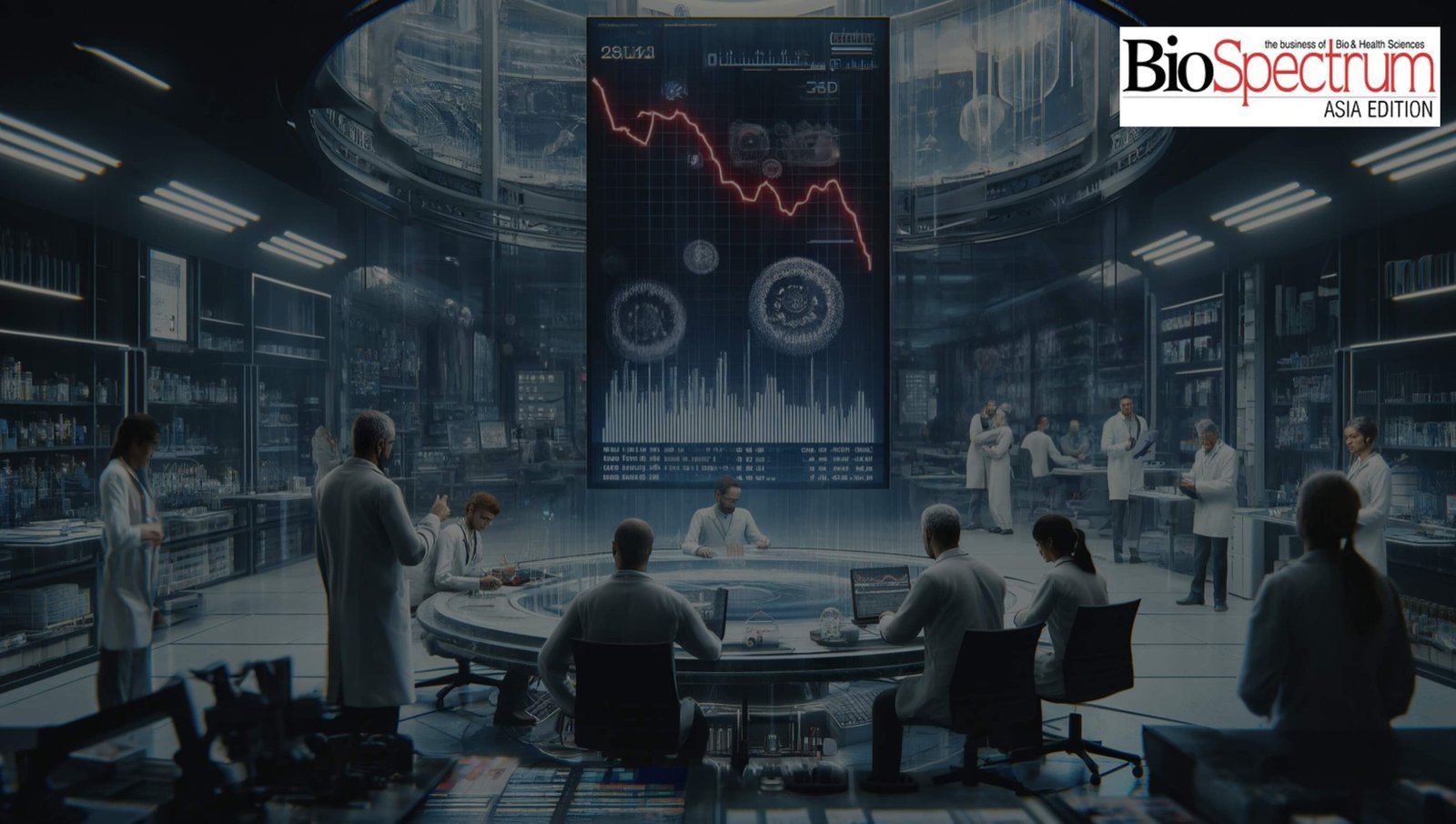
The life sciences industry is at the forefront of innovation, striving to develop new therapies and medical technologies that improve human health. However, the journey from discovery to market is fraught with challenges, and not every promising development makes it to the finish line. Clinical trials, a critical phase in this journey, often face significant hurdles that can lead to failure. In 2024, these failures and their implications are shaping the dynamics of the industry in profound ways.
Let’s explore the pitfalls of the life sciences sector and the imperatives arising from failed clinical trials.
Clinical trials are essential for testing the safety and efficacy of new treatments. They are divided into phases, each with increasing complexity and scale:
The process is lengthy, costly, and fraught with risk. According to recent data, only about 10% of drugs that enter clinical trials ultimately receive regulatory approval.
Inadequate Efficacy: A primary reason for trial failure is the treatment not demonstrating the expected efficacy. Despite promising preclinical results, translating these findings to humans can be challenging.
Safety Concerns: Adverse effects that emerge during trials can halt the development of a drug. Safety is paramount, and even minor safety issues can derail a promising therapy.
Poor Study Design: Flaws in trial design, such as small sample sizes, inappropriate endpoints, or lack of control groups, can lead to inconclusive or unreliable results.
Patient Recruitment and Retention: Recruiting and retaining sufficient participants is often difficult. Trials can be delayed or even abandoned if enrollment targets are not met.
Regulatory Hurdles: Navigating the complex regulatory landscape is challenging. Meeting the stringent requirements of regulatory bodies like the FDA or EMA is crucial for trial success.
Financial Strain: Clinical trial failures can have significant financial repercussions. Companies may face substantial losses, affecting their stock prices and investor confidence. Smaller biotech firms, in particular, may struggle to recover from the financial impact.
Reevaluation of Portfolios: Companies may need to reassess their pipelines and focus on the most promising candidates. This often leads to the termination of less viable projects and a shift in strategic priorities.
Innovation Stagnation: Repeated failures can lead to a more cautious approach, potentially stifling innovation. Companies may become reluctant to invest in high-risk, high-reward projects, slowing the pace of medical advancements.
Regulatory Scrutiny: High-profile trial failures attract regulatory scrutiny. This can result in more stringent requirements for future trials, increasing the complexity and cost of drug development.
Industry Collaboration: On a positive note, failures also drive collaboration. Companies, academic institutions, and regulatory bodies are increasingly working together to improve trial designs, share data, and develop more robust methodologies.
Patient Advocacy and Transparency: There is growing demand for transparency in clinical trials. Patients and advocacy groups are calling for greater disclosure of trial results, including failures, to foster a more open and accountable industry.
Over the past three years, several high-profile clinical trials have faced setbacks, leading companies to halt their development. These failures highlight the inherent risks and challenges in the drug development process. Here is a list of notable clinical trials that were called off, along with the reasons behind their discontinuation:
2021
Biogen and Eisai's Aducanumab
Novartis' Canakinumab
Gilead's Filgotinib
2022
Merck's Keytruda in Combination with Lynparza
Sanofi and Regeneron's Cemiplimab
Pfizer's PF-05231023
Johnson & Johnson's JNJ-4528
2023
Roche's RG6006
Bristol Myers Squibb's Nivolumab and Relatlimab Combination
AstraZeneca's Anifrolumab
Amgen's AMG 510
Takeda's TAK-079
2024
GlaxoSmithKline's GSK1234567
Eli Lilly's LY9876543
AbbVie's ABV1234
Novartis' NOV5678
Imperatives for the Future
Robust Preclinical Research: Improving preclinical research to better predict human outcomes is crucial. Advances in genomics, biomarkers, and computational models can enhance the selection of promising candidates for clinical trials.
Adaptive Trial Designs: Employing adaptive trial designs that allow modifications based on interim results can increase the likelihood of success. These designs can help identify issues early and adjust protocols accordingly.
Patient-Centric Approaches: Engaging patients in the trial design process can improve recruitment and retention. Patient-centric trials that consider patient needs and preferences are more likely to succeed.
Data Integration and AI: Leveraging big data and artificial intelligence can optimize trial design and execution. AI can identify patterns and predict outcomes, leading to more efficient and effective trials.
Regulatory Harmonization: Streamlining regulatory processes and promoting harmonization across regions can reduce barriers to trial initiation and completion. This can facilitate faster development and approval of new therapies.
Resilience and Adaptability: The industry must foster resilience and adaptability. Learning from failures, embracing new technologies, and maintaining flexibility in strategic planning are essential for long-term success.
The life sciences industry is on a relentless quest to develop groundbreaking therapies, but the path is riddled with challenges. Clinical trial failures, while disheartening, provide valuable lessons that drive the industry forward. By addressing the pitfalls and implementing strategic imperatives, the life sciences sector can navigate the complexities of drug development more effectively. In 2024, the ability to adapt and innovate in the face of adversity will be key to unlocking the next generation of medical advancements




